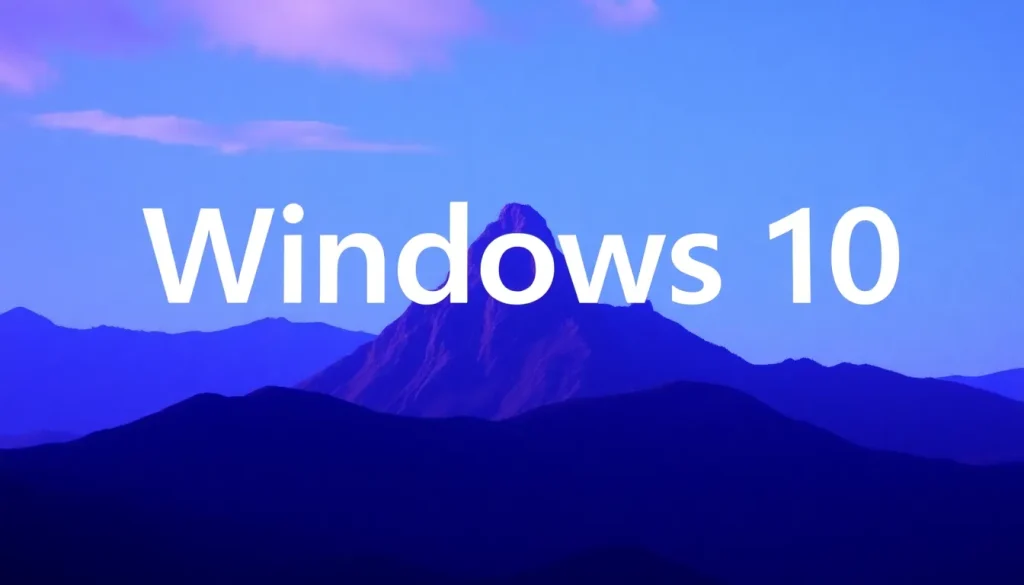Windows 10 Consumer Groups Warn of Risks for Millions of PCs

The countdown for Windows 10 is causing significant anxiety among users and consumer organizations alike. As many have been pointing out for over a year, Microsoft is set to end free support on October 14, leaving millions of computers vulnerable due to the absence of security patches. This strategy, perceived as a natural step towards promoting Windows 11, has ignited outrage among consumer advocacy groups, highlighting the potential repercussions for both digital security and users' finances. In a striking move, Consumer Reports has urged Microsoft to extend support for Windows 10.
For context, Consumer Reports is a non-profit independent organization established in 1936 in the United States, renowned for evaluating and monitoring the practices of major companies across technology, automotive, health, and other sectors. Its mission is to protect consumers against exploitative practices or corporate decisions that could harm them, and its latest target is none other than Microsoft, with the goal of preserving Windows 10.
Consumer Reports urges Microsoft to continue support for Windows 10 and protect millions of PCs from insecurity
According to data released by the organization, 46.2% of active computers worldwide were still running Windows 10 as of August 2025. Among these, between 200 and 400 million PCs do not meet the technical requirements to upgrade to Windows 11.
The implications are straightforward: perfectly functional machines could be prematurely turned into electronic waste, leaving users exposed to cyberattacks due to the loss of security updates. This scenario poses significant risks for those unable to afford an upgrade.
A letter sent by Consumer Reports to Microsoft’s CEO is direct and unambiguous. The organization labels Microsoft as "hypocritical" for urging customers to upgrade to Windows 11 under the guise of enhancing cybersecurity, while simultaneously leaving Windows 10 devices open to potential attacks. It’s a clear case of common sense.
The cost of safety: paying again for security
Another critical issue is the cost associated with additional support. Consumer Reports criticizes the $30 fee Microsoft charges for "a simple one-year extension to keep their devices secure." For the organization, this fee is not a genuine solution but rather a temporary fix that benefits Microsoft more than the consumers.
Furthermore, they highlight that the remaining free support services compel users to rely on Microsoft’s own products, thereby reinforcing the company's market position against competitors.
In parallel, according to The Verge, PIRG, an influential public interest group in the U.S., has also raised alarms:
"Up to 400 million perfectly functional computers that cannot upgrade to Windows 11 will be discarded," warns PIRG.
Both organizations are demanding Microsoft to maintain security support at no extra cost until the transition to Windows 11 is more widespread. The paradox is evident: a company that prides itself on its commitment to sustainability could force the premature disposal of hundreds of millions of computers, generating tons of electronic waste.
Users speak out as Windows 10’s end nears, echoing Consumer Reports' concerns
Adding to the complexity, as we observed just this week, Windows 10 has reclaimed market share from Windows 11, a movement that clearly indicates a trend where those who switched to the new OS have now reverted to the "old one". This shift suggests dissatisfaction with the new system, which has failed to deliver any significant improvements while introducing a myriad of issues and errors.
Microsoft faces a clear dilemma: prioritize business interests and hasten the adoption of Windows 11, or heed the voices advocating for users and extend the life of Windows 10 for a while longer. The question remains whether the company will choose to be remembered for taking care of its customers or for pushing them towards a transition that many neither need, can afford, nor want to undertake.
As the tension rises, it's worth noting that many users are actively voicing their concerns and objections. Here are some notable points being shared:
- Many users express frustration over the lack of genuine improvements in Windows 11.
- A significant portion of the community feels pressured to upgrade despite being satisfied with their current systems.
- Concerns about the costs associated with upgrading and the potential need for new hardware are prevalent.
- The risk of losing access to essential applications and services that may not be compatible with Windows 11 is a common worry.
For those interested in a more detailed analysis, a video discussing the implications of this transition can be found below:



Deja una respuesta